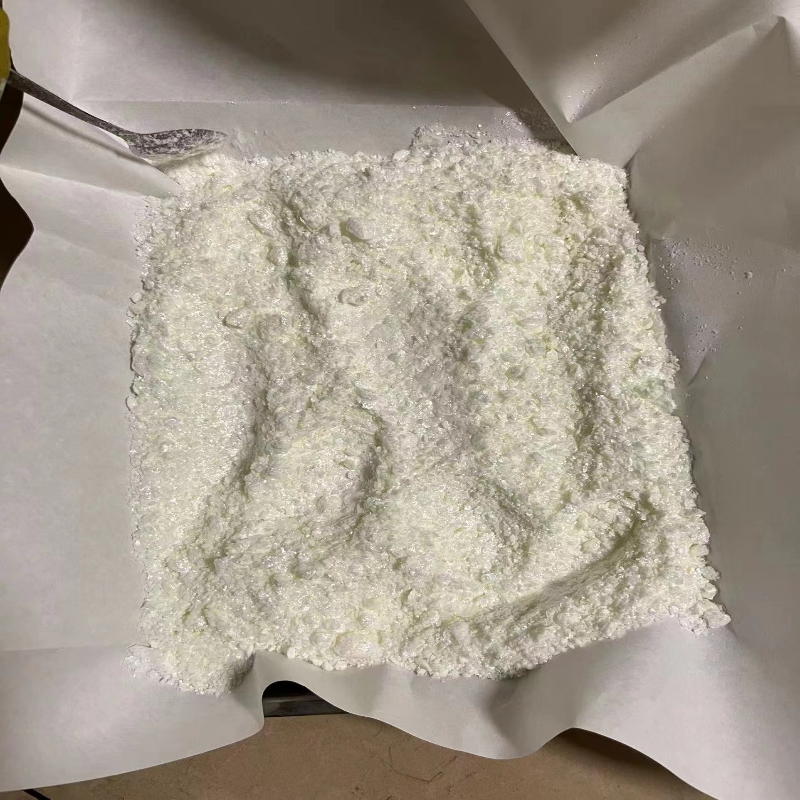-
Categories
-
Pharmaceutical Intermediates
-
Active Pharmaceutical Ingredients
-
Food Additives
- Industrial Coatings
- Agrochemicals
- Dyes and Pigments
- Surfactant
- Flavors and Fragrances
- Chemical Reagents
- Catalyst and Auxiliary
- Natural Products
- Inorganic Chemistry
-
Organic Chemistry
-
Biochemical Engineering
- Analytical Chemistry
-
Cosmetic Ingredient
- Water Treatment Chemical
-
Pharmaceutical Intermediates
Promotion
ECHEMI Mall
Wholesale
Weekly Price
Exhibition
News
-
Trade Service
Globally speaking, "plastic ban" is one of the most popular environmental protection issues in recent years.
The accumulation of plastic will not only cause land pollution, but also threaten the lives of marine life
.
We are seeing more and more marine animals being restrained by pull-loops, deformed or killed by accidental ingestion of plastic bags
.
On the road to advocating plastic reduction, Canada bears the brunt
.
Beginning January 1 next year, the city of Vancouver will take draconian measures against single-use items
.
Businesses will be banned from providing plastic shopping bags to customers and will be required to charge at least $0.
15 cents for single-use paper bags, rising to $0.
25 in 2023
.
Charge at least $1 for reusable shopping bags, growing to $2 by 2023
.
Likewise, people who are used to drinking coffee every day will pay more
.
A minimum fee of $0.
25 will be charged for each single-use cup provided to customers
.
Businesses will retain this new revenue to invest in reusable alternatives, while the new revenue can also help cover the costs of compliance
.
Businesses are also required to submit an annual report to the city on the number of single-use items used as part of their business license renewal
.
More than 82 million single-use cups and 89 million plastic shopping bags were thrown into the trash in Vancouver in 2018, the city said
.
Street and public waste costs the city about $2.
5 million a year
.
From March 27, 2022, the one-time material change measures within the City of Richmond will also be fully effective
.
At a recent public meeting, Richmond City Council approved a bylaw banning the use of foam food delivery containers, plastic straws and plastic shopping bags for all businesses
.
The charter will give businesses six months to transition to greener alternatives, with the actual implementation date set to start in September 2022
.
Under the bylaws, in addition to prosecution costs, the fine for each conviction starts at $1,000 and goes up to $10,000
.
In addition to the gradual implementation of measures for single-use items in Metro Vancouver, the government also said that Canadians will see final regulations during 2022
.
Provisions will be made in the coming weeks, followed by public comment for a period of time
.
The six single-use plastic items banned include single-use shopping bags, stir sticks, beverage handles, single-use cutlery, straws, and non-recyclable food packaging
.
Excluded from the ban are: garbage bags, milk bags, fast food packaging, single-use personal care products and their packaging, beverage containers and lids, contact lenses and packaging, cigarette filters, items used in medical facilities, and personal protective equipment
.
A key part of Canada's plan to achieve zero plastic waste by 2030 is a ban on harmful single-use plastics
.
According to Environment and Climate Change Canada, Canadians throw away 3 million tonnes of plastic waste each year, of which only 9 per cent is recycled
.
This includes plastic bags, bottles and other items commonly used in the food and beverage industry
.
In 2016 alone, 29,000 tonnes of plastic entered the environment as pollution, and single-use plastics make up the majority of the plastic waste polluting Canada's rivers, lakes and oceans
.
The government says 1.
8 million tonnes of greenhouse gas emissions could be reduced annually by changing plastic waste management
.
However, it is the restaurant industry that is most affected by the ban
.
The Canadian Restaurant Association, a non-profit association that advocates for members of the Canadian foodservice industry, noted that five of the six items included in the ban are food and beverage staples
.
Part of the problem stems from the difficulty in finding affordable alternatives
.
This is especially challenging for independent restaurants
.
Not only are supply chain disruptions making it difficult to find sustainable alternatives to foodservice packaging, but restaurants in general continue to struggle to break even
.
Half of Canada's roughly 90,000 restaurants continue to be at risk of closing, according to the survey
.
Catering officials also expressed their desire to see a reasonable timeline for the introduction of the ban, and called for increased collaboration between associations such as Canadian Restaurants, as well as government members and product experts to guide the use of the best alternative materials
.
In response, both Starbucks Canada and Tim Hortons have committed to phasing out the use of plastic straws across Canada, introducing paper straws as an alternative
.
As of now, all 1,376 Starbucks stores in Canada, as well as nearly 4,000 Tim Hortons stores, are no longer using plastic straws
.
Walmart Canada also implemented a pilot program starting in August to eliminate plastic checkout bags in 10 of its more than 400 stores across the country
.
Customers at these locations will be able to check out using their own shopping bags or buy reusable bags from the store
.
Our lives are already full of plastic, and it is not easy to completely give up plastic in a short period of time
.
As ordinary people, what we need to do is to cultivate our daily habits, prepare our own water cups and shopping bags as much as possible when we go out, sort garbage at home, and make some changes to the world little by little
.







